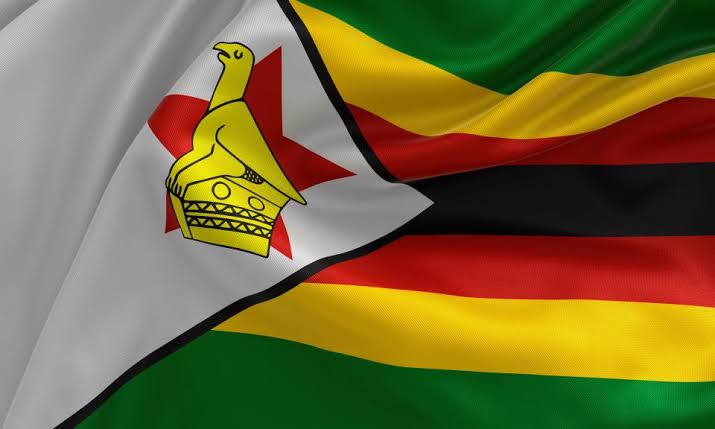
Zimbabwe’s Gold-Backed Digital Token is Currently undergoing Regular Transaction Testing.
According to a local newspaper, the Reserve Bank of Zimbabwe (RBZ) has started a dry-run to evaluate the practicality of issuing a digital currency backed by gold.
In order to maintain value in the nation’s economy, this effort aims to create a type of legal money that may be used for peer-to-peer and peer-to-business transactions.
The first phase will see the gold-backed digital coins distributed for investment reasons with a vesting time of 180 days and redeemable in the same way as the current physical gold coins, according to the gold coin that the bank announced in May 2023.
The second phase would involve the use of tradable, person-to-person (P2P) and person-to-business (P2B) settlement-capable, gold-backed digital tokens kept in e-gold wallets or e-gold cards.
It seems that testing are being conducted ahead of the start of this second phase.
Nebson Mupunga, the Reserve Bank of Zimbabwe’s Director of Economic Research and Policy Implementation, claims that the institution is about to introduce the digital dollar for use in market exchanges. As a result, Zimbabweans will soon be able to make purchases using the digital dollar backed by gold.
This action is anticipated to assist in stabilizing the nation’s rapidly dropping exchange rate.
“…We have moved to the testing phase at this point. Soon, we will permit the usage of the gold digital token for transactions in the same way that someone would purchase foreign currency on a black market. But we can also engage in business. So, the token will fulfill the same purpose when it arrives, according to Mupunga.
According to the study, Zimbabwe is experiencing extremely high inflation at the time of this most recent occurrence. The huge increase in yearly inflation has been mostly attributed to exchange rate instability, which
increased from 86.5% in May 2023 to 175.8% in June 2023.
Additionally, from 15.7% in May 2023 to 74.5% in June 2023, monthly inflation shot through the roof.
The Zimbabwean dollar has also seen considerable difficulties, with a depreciation of over 50% against the US dollar since 2023’s beginning. Due to the Zimbabwean dollar’s volatility, a sizeable part of domestic transactions are now carried out in foreign currencies in Zimbabwe, demonstrating a strong preference for stability.
“In an effort to preserve value, many people are converting local cash to foreign currency. Then we decided that rather than having people acquire foreign cash on the black market, we should create a product with similar qualities.
Then, in the form of a gold digital token, which holders of local currency liquidity can purchase and which will be able to keep its worth, we developed a product with the same characteristics of international value.
But in addition to that, we suggested moving on to the next step, where we can use the token for transactional purposes. We are still in the testing phase before allowing the token to be used for transactions.


